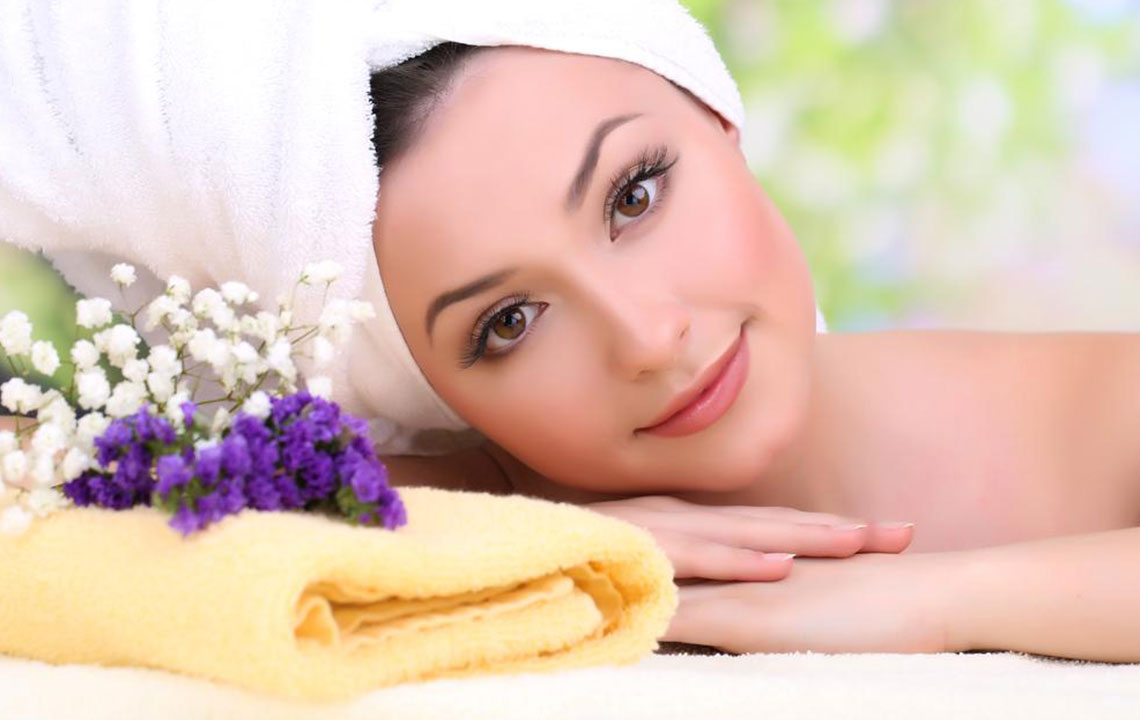Essential Benefits of Different Acne Medications for Adults
Not just teenagers, acne affects adults too. Adult acne medication is a serious need for adults, especially when you’re blessed with a generous sprinkling of itchy acne occasionally. In adults, the occurrence of acne can be attributed to an early-life history of skin issues. Adults who have been through this nightmare in their teens can expect it to come back to haunt them as they grow older. There can be other reasons and mitigations for adult acne as well.

Here are some causes of acne in adults.
- Look at what you eat
Food containing high sugar content may cause a breakout of acne. Studies suggest that dairy products can also be a reason mainly because of their hormone content. A balanced diet with an appropriate amount of vitamins, minerals and plenty of water ensures a supple and healthy skin. Water is essential as it flushes all the toxins out of the body. - Blame the juices
The human body is sensitive to the levels of hormones. As adults, we go through factors that can cause an imbalance in the system. An increase in the male hormone, testosterone, triggers an increase in the oil released by the sebaceous glands. This in return clogs the pores, making them the breeding grounds for bacteria. An acne outbreak can be caused due to the occurrence of ovarian cyst, which usually needs an extended hormone therapy and expert intervention. - High levels of stress
Diseases like high blood pressure and diabetes ride on the back of stress. The result of stress can bring on a series of issues like acne, hair loss, insomnia, eating disorders, depression, gastrointestinal imbalance and so on. Stress causes humongous splashes in hormonal levels. It increases the secretion of cortisol, which is known to cause an increased release of oil in the cells, leading to clogged pores and acne. - The dust and the dirt
With more and more cities indicating poisonous levels of air pollution, we cannot rule out the role of smoke and dust. The pollutants eventually clog the pores and cause the same reaction as excess oil in the skin. Ensure that you cover your face when you venture out of your home and clean it once you return. - Your daily routine
Harsh chemicals are used in the form of cosmetics or creams which in turn irritates the skin and causes inflammation leading to acne. Repeatedly washing your face can have a similar response. It is imperative to stick to a balanced routine of cleansing and moisturizing with a selection of products according to your skin type.
Adult acne medication
There is a wide range of adult acne medication available for treating acne according to the type and severity. The most frequently used over the counter adult acne medication include:
- Salicylic acid
Mechanism: This chemical, with its acidic properties, simply burns away the outer layer.
Benefit: Only unclogs the pores; has no effect on oil secretion or bacteria. In short, this treats the symptoms, not the cause. Works for mild acne.
Usage: This is usually available in a cream form, to be applied topically.
Side effects: You may experience mild dryness. - Benzoyl Peroxide
Mechanism: The cause of all acne is a bacterial infection. Benzoyl Peroxide attacks the bacteria and kills them. However, in the process of doing so, it dries up the skin.
Benefit: Kills the bacteria, can be a lasting solution
Usage: It is advisable to accompany this treatment with moisturizers as the initial application may cause skin to peel off
Side effects: Usage will cause flakiness of the skin - Sulfur
Mechanism: Sulfur is a drying agent and draws out the extra oil from pores and prevents bacteria from proliferating.
Benefits: It is keratolytic, which means it dries up the skin resulting in shedding of the outer epidermal layer, thus unclogging the pores.
Usage: Apply it only on the affected areas and not all over the face
Side effects: Maybe too harsh for the skin and cause irritation as the mineral causes an increase in Ph level of skin, making it alkaline. - Glycolic acid
Mechanism: Like sulfur, this is also a keratolytic and treats acne by exfoliation of outer layer.
Benefit: It is mild on the skin and can be used regularly for prevention of acne.
Usage: Glycolic acid, also known as AHA (Alpha Hydroxy Acid) is usually prescribed in combination with any of the above treatments. Ahaglow face wash can also be used to ward off acne problems.
Side effects: Use of this makes the skin sensitive to sunlight. It is advisable to use a sunscreen along with any product. - Isotretinoin
Mechanism: Isotretinoin shrinks the sebaceous glands under the epidermis, thus reducing oil secretion. Isotretinoin is basically a derivative of vitamin A.
Benefit: It is a permanent solution and is used on acne that has become resistant to other medication
Usage: Can be taken as a tablet or applied to specific areas in the form of creams
Side effects: Pregnant women should avoid using it as this drug is known to cause deformities in the child
Adult acne medications prove to be beneficial in treating the acne. Doctors also prescribe oral antibiotics, typically from the doxycycline and minocycline families for the treatment of acne. Another popular therapy is the use of a laser to zap away the zits. In this process, infection-causing bacteria are also killed.